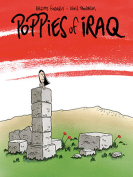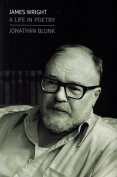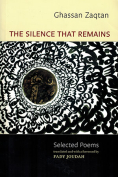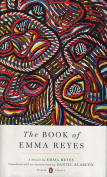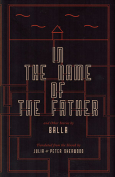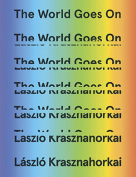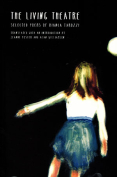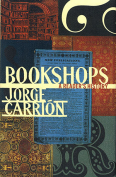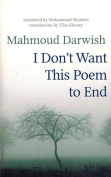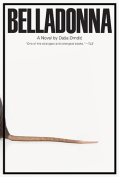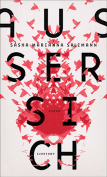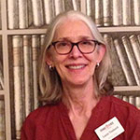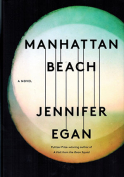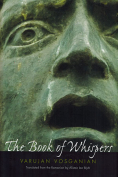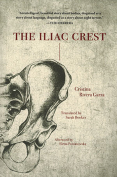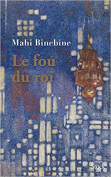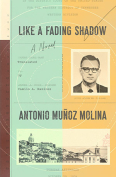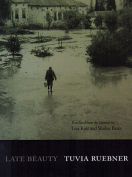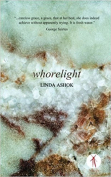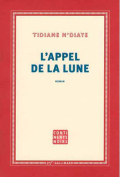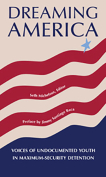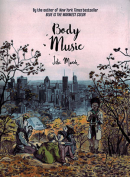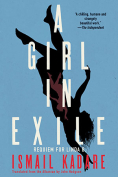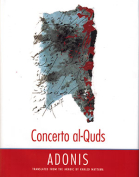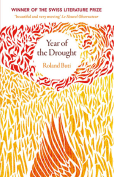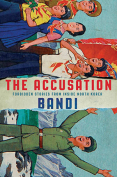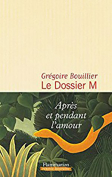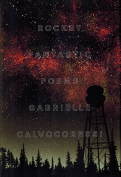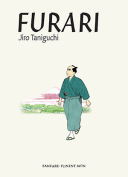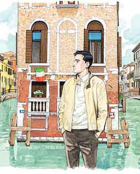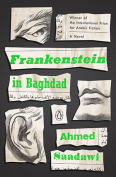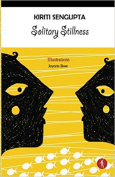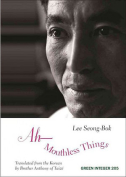Solitary Stillness by Kiriti Sengupta
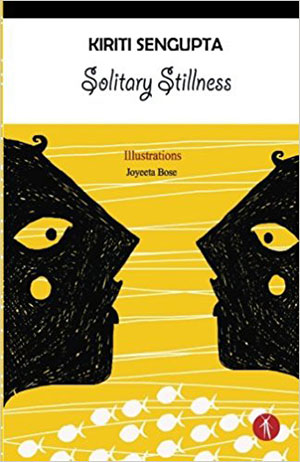 Kolkata. Hawakal. 2017. 62 pages.
Kolkata. Hawakal. 2017. 62 pages.
Poetry is a journey in quietude, and Kiriti Sengupta’s Solitary Stillness is no exception. Sengupta has traveled extensively, and his poetic exuberance is neatly interwoven with a sensitive mind. The unique juxtaposition of prose and poetry compels the reader to enter into this mesmerizing world of Sengupta’s creation. He has aptly played the role of a “catalytic agent that fuses varied emotions into new wholes.” The diverse references and allusions, ranging from the Chandimangalkavya to the Manhattan Skyline, reveal the versatility of the poet as well as his familiarity with “our culture” and “their culture.”
Sengupta takes ample space to play with poetic diction and semantic deviation, making his poetry multilayered and suggestive. At times, the apparent lucidity of his verses pinpoints the dichotomy of our patriarchal society: “all along you lived a life where / Baba remained the chief, and you / his subordinate?”
With his master strokes, Sengupta offers an all-pervasive analysis of the microcosm, his seemingly nonchalant style being the most powerful weapon to demolish our long-cherished views about human life: the claustrophobic existence in the City of Joy as depicted in “The Bengali Phenomenon”; the suffering of Christ in the time of crucifixion as written in “Expressions”; and the appalling lightlessness when shadows grow longer as portrayed in “Illumination.”
Sengupta extends the metaphor of the book’s title in some of the poems, emphasizing the essential loneliness of our existence when we speak to ourselves in prose or verse: “I now have arrived to an understanding. I no longer seek company.”
“Our birth is but a sleep and a forgetting,” says Wordsworth. In fact, the river of life flows in utter solitude to meet death at the seashore. Poetry gives refuge to our solitary self, and Sengupta has done justice to his verses; we are compelled to realize how lonely we are yet how rich in poetry, and this book of poems is a preparation of the voyage to meet the “infinite” with a poetic brush.
Devika Basu
Uttarpara, India


